The current atmosphere in the country is more polarised than it has been in a few decades. So in times like these, we must remember that there exists a constitution, which guarantees us certain rights to live our lives with freedom and dignity.
1. Right to freedom of speech
We, as a nation have been cursed with being offended everytime someone says something that we don’t agree with. Case in point, the rather violent controversy surrounding the movie Padmavat. Or in 2018, when a teacher was arrested by police for insulting the Prime Minister.
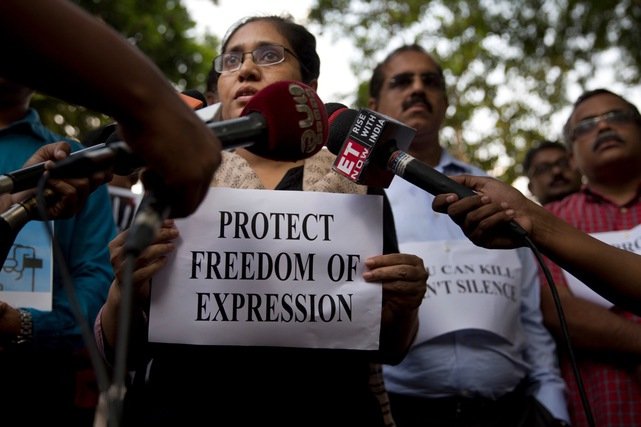
Article 19(1) (a) of the Constitution of India guarantees to all its citizens the right to freedom of speech and expression.
Freedom of speech enjoys a special position as far as the Indian constitution is concerned. The significance of this law can be understood by the fact that the very preamble of our constitution ensures all citizens the liberty of thought, expression, belief, faith and worship.
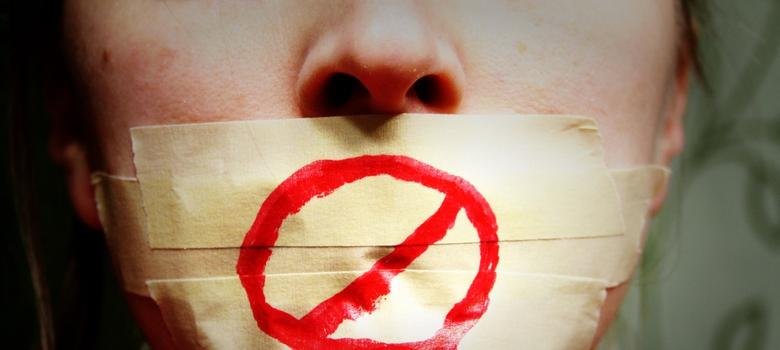
In the case of Maneka Gandhi v. Union of India, Justice Bhagwati had emphasized the significance of the freedom of speech & expression.
Democracy is based essentially on free debate and open discussion, for that is the only corrective of government action in a democratic setup. If democracy means government of the people by the people, it is obvious that every citizen must be entitled to participate in the democratic process and in order to enable him to intelligently exercise his rights of making a choice, free & general discussion of public matters is absolutely essential.
2. Right to freedom of press
Remember, how The Wire had published a report on BJP president Amit Shah’s son Jay Shah’s company having a turnover of 16,000 times over in a year and was then slapped with a ₹100 crore civil and criminal defamation case?
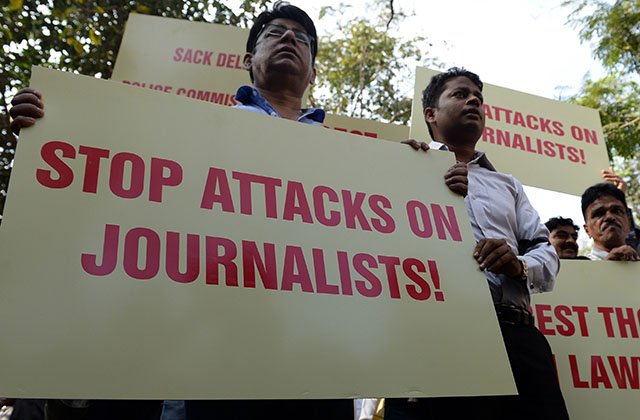
Although Freedom of press is not mentioned in the Article 19(1) (a) of the constitution, Dr. B.R Ambedkar, during the Constituent Assembly Debates had made it clear that it needed no special mention.
Dr. Ambedkar had said that the rights of the press or a citizen were the same as far as their right of expression was concerned.
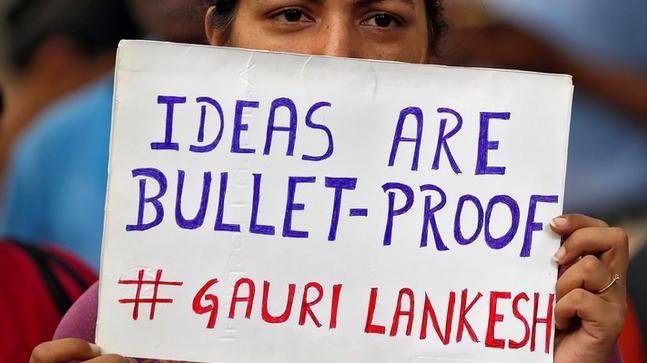
The right to freedom of press includes the right to propagate ideas, opinions and other views by resorting to all available means of publication.
3. Right to choice of food
Just a few days after Yogi Adityanath was elected as the CM of Uttar Pradesh, the government had put a blanket ban on illegal slaughterhouses in the state.
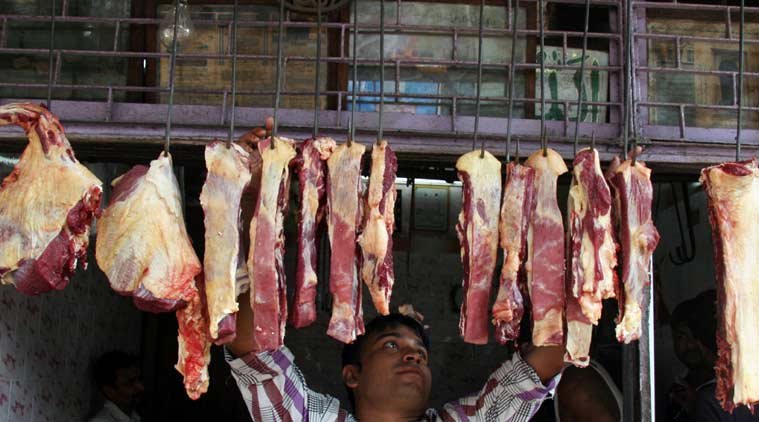
The Lucknow Bench of Allahabad High Court had heard the case and ruled that food and food habits were connected to the right to life and livelihood guaranteed under Article 21 of the Indian Constitution.
The court had observed that the inaction of the state government in the past could not shield a state of almost prohibition.
Compliance of law should not end in deprivation, the cause whereof may be attributable to the inaction of the state government.
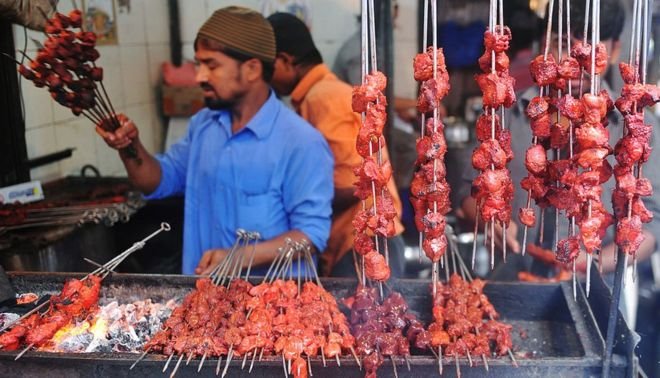
The bench had also observed that it directly affected the ‘private choice’ of food.
It is the private life of an individual that is also affected who may desire to have such food as his private choice of consumption. It should not appear to be abrupt for those who are at the receiving end
4. Right to live with human dignity
In 2018, The Guardian reported that at least one Indian had died every five days since the beginning of 2017 while manually cleaning sewers.
In the case of Maneka Gandhi v. Union of India, The SC said that the right to live was not merely a physical process but also included the right to live with human dignity.
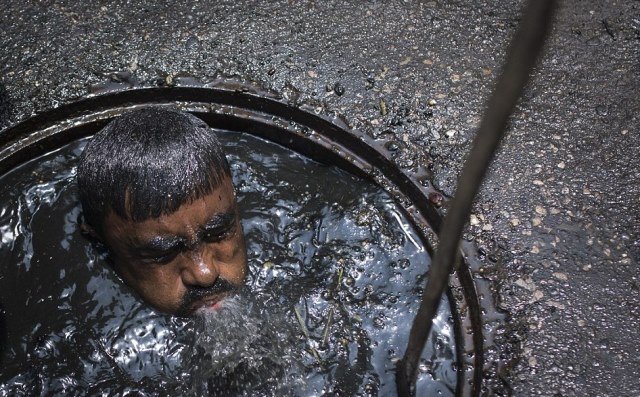
In the case of Bandhua Mukti Morcha v. Union of India, SC Justice Bhagwati observed:
This right to live with human dignity enshrined in Article 21 derives its life breath from the Directive Principles of State Policy and particularly clauses (e) and (f) of Article 39 and Articles 41 and 42.. it must include protection of the health and strength of workers, men and women, and of the tender age of children against abuse, opportunities and facilities for children to develop in a healthy manner and in conditions of freedom and dignity, educational facilities, just and humane conditions of work and maternity relief…
The SC further added that no state or central government had the right to take any action that would deprive someone the enjoyment of these basic essentials.
5. Right against sexual harassment at workplace
2018 was the year when #MeToo and sexual allegations against multiple people shocked the entire country. Women across the country went on social media and shared their stories of being sexually harassed by men in positions of power.
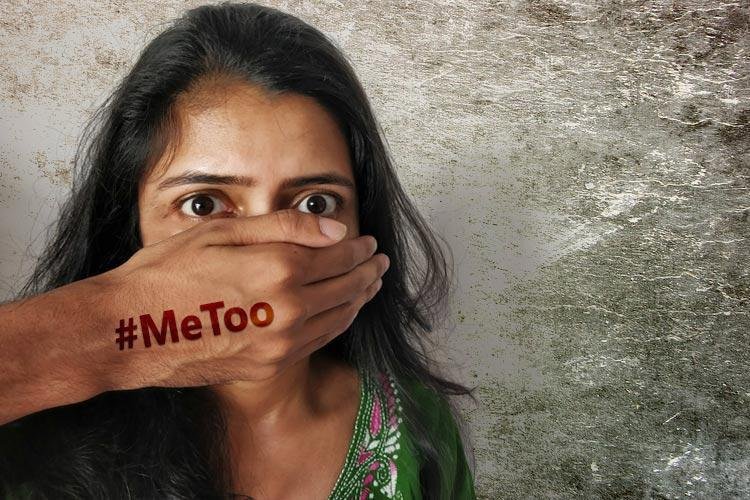
This was despite the fact that Article 21 of the constitution guarantees the right to life with dignity. The Supreme Court in this context has observed:
The meaning and content of fundamental right guaranteed in the constitution of India are of sufficient amplitude to encompass all facets of gender equality including prevention of sexual harassment or abuse.
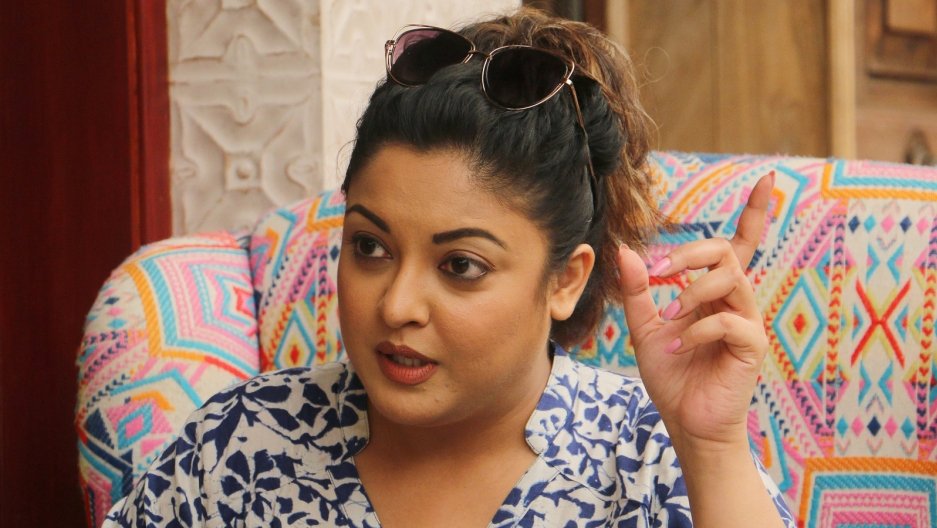
The SC has held sexual harassment to be violative of the most cherished of fundamental rights.
6. Right to medical care
The Supreme Court has clarified that the preservation of life is of utmost importance.
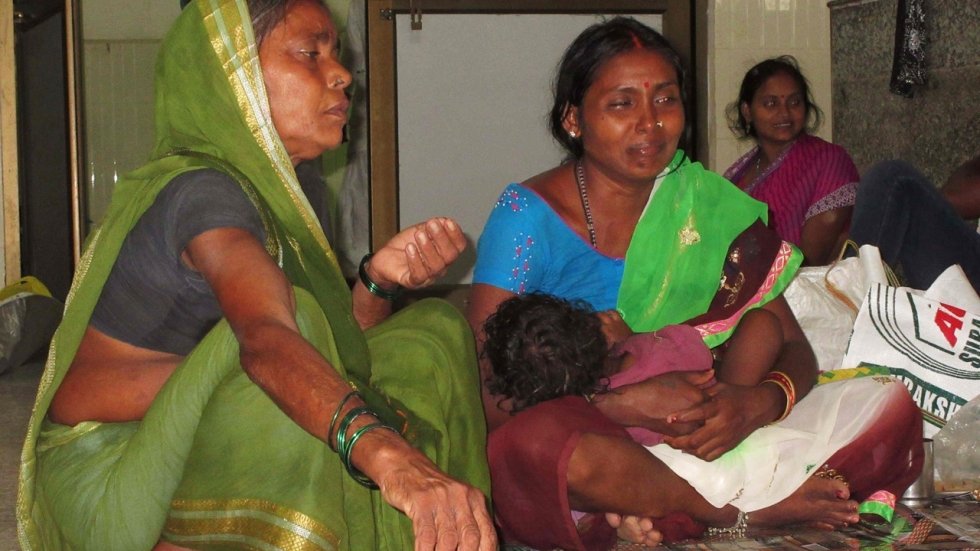
Despite which, a Times of India report from 2015 states that at least 27% of all deaths in India happen due to the lack of proper medical care.
In the case of Parmananda Katara v. Union of India, the Apex Court had stated that ‘once life is lost, status quo ante cannot be restored’.
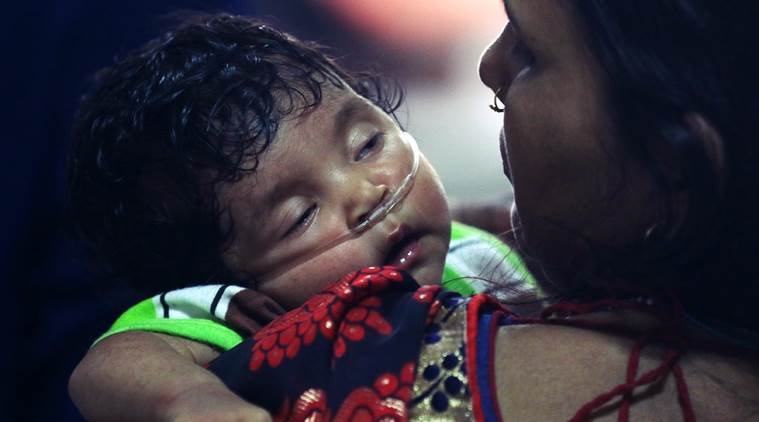
The SC had stated that it was the professional obligation of the doctors (government or private) to treat the injured immediately and preserve life without any legal formalities.
The patient whether he be an innocent person or a criminal liable to punishment under the laws of the society, it is the obligation of those who are in charge of the health of the community to preserve life so that the innocent may be protected and the guilty may be punished.
7. Right to get pollution free water and air
One look at the database’s ranking of particulate pollution in cities will make you realise that 11 of the 12 cities with the highest levels are located in India.
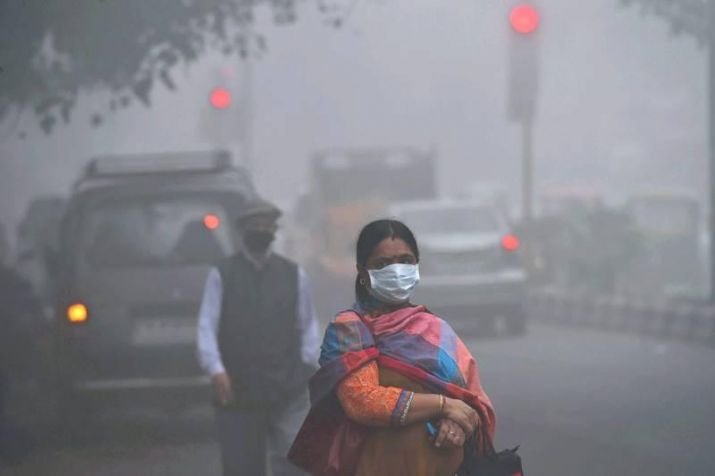
The right to get pollution free air and water is included in the ‘right to live’ under Article 21 of the constitution.
In the case of Subhas Kumar v. State of Bihar, the court observed:
…it includes the right of enjoyment of pollution free water and air for full enjoyment of life. If anything endangers or impairs that quality of life in derogation of laws, a citizen has right to have recourse to Art.32 of the Constitution for removing the pollution of water or air which may be detrimental to the quality of life.
8. Right against noise pollution
The Supreme Court was hearing a case regarding the pollution created by the obnoxious bursting of crackers during Diwali.
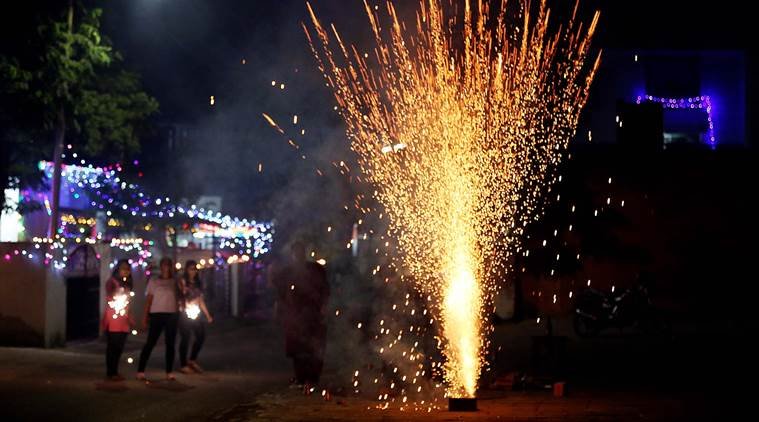
The Apex Court observed:
Anyone who wishes to live in peace, comfort and quiet within his house has a right to prevent the noise as pollutant reaching him. No one can claim a right to create noise even in his own premises that would travel beyond his precincts and cause nuisance to neighbours or others… While one has a right to speech, others have a right to listen or decline to listen.
9. Right to privacy
Remember the days, when your sim card company to your bank would ask you to link your Aadhar Card or stop the servies you’ve already paid for?
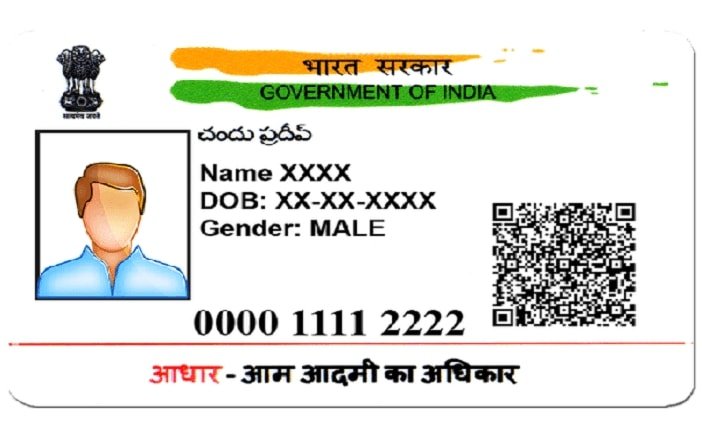
The Supreme Court in 2017, in the case of Justice K.S. Puttaswamy (Retd) vs Union of India, had ruled that the right to privacy was a fundamental right.
The 9 judge-bench declared:
The right to privacy is protected as an intrinsic part of the right to life and personal liberty under Article 21 and as a part of the freedoms guaranteed by Part III of the Constitution.
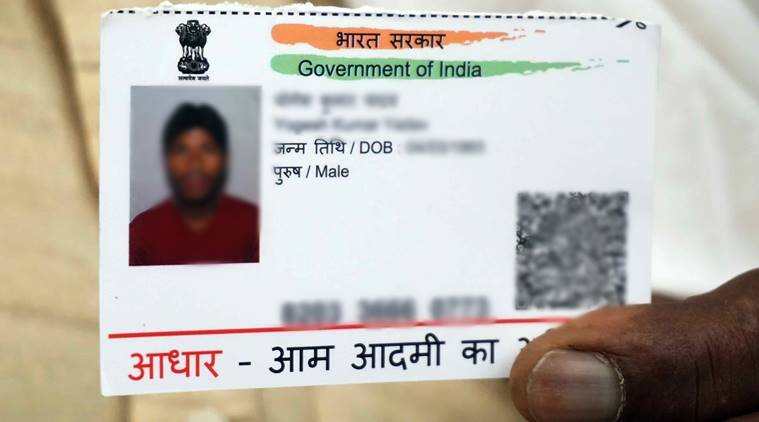
The judgement was the outcome of a petition that challenged the constitutional validity of the central government’s biometric identity scheme, ‘Aadhar’.
It is absolutely necessary that in times likes these, we are aware of these rights so that we do not get exploited or dictated by forces beyond our control.

















